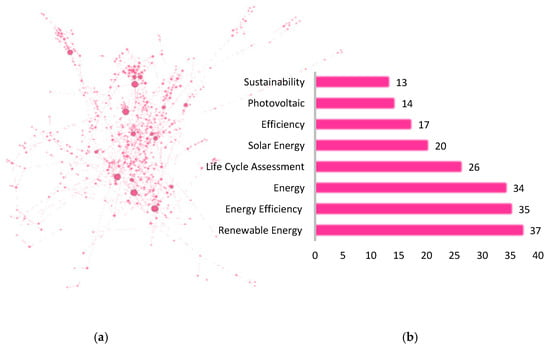Energies, Free Full-Text

The cost of the hydrogen value chain needs to be reduced to allow the widespread development of hydrogen applications. Mechanical compressors, widely used for compressing hydrogen to date, account for more than 50% of the CAPEX (capital expenditure) in a hydrogen refueling station. Moreover, mechanical compressors have several disadvantages, such as the presence of many moving parts, hydrogen embrittlement, and high consumption of energy. Non-mechanical hydrogen compressors have proven to be a valid alternative to mechanical compressors. Among these, electrochemical compressors allow isothermal, and therefore highly efficient, compression of hydrogen. On the other hand, adsorption-desorption compressors allow hydrogen to be compressed through cooling/heating cycles using highly microporous materials as hydrogen adsorbents. A non-mechanical hybrid hydrogen compressor, consisting of a first electrochemical stage followed by a second stage driven by adsorption-desorption of hydrogen on activated carbons, allows hydrogen to be produced at 70 MPa, a value currently required for the development of hydrogen automotive applications. This system has several advantages over mechanical compressors, such as the absence of moving parts and high compactness. Its use in decentralized hydrogen facilities, such as hydrogen refueling stations, can be considered.

Energies, Free Full-Text, rated speed

The Manual Of Free Energy Devices And Systems 1991 : Free Download, Borrow, and Streaming : Internet Archive

Energies, Free Full-Text, ghg emissions

Energy Full Editable Text Effect

2nd Grade Science and Literacy: All About Energy (TEKS & NGSS)

Advances in the calculation of binding free energies - ScienceDirect

Free Energy: All-Ages Jazz Jam, LowDown

Energies, Free Full-Text, pengguna kilo kilo no mi
Gibbs free energy diagrams of OER at all possible active sites on the

Energies, Free Full-Text

Energies, Free Full-Text, underground roleplay ip